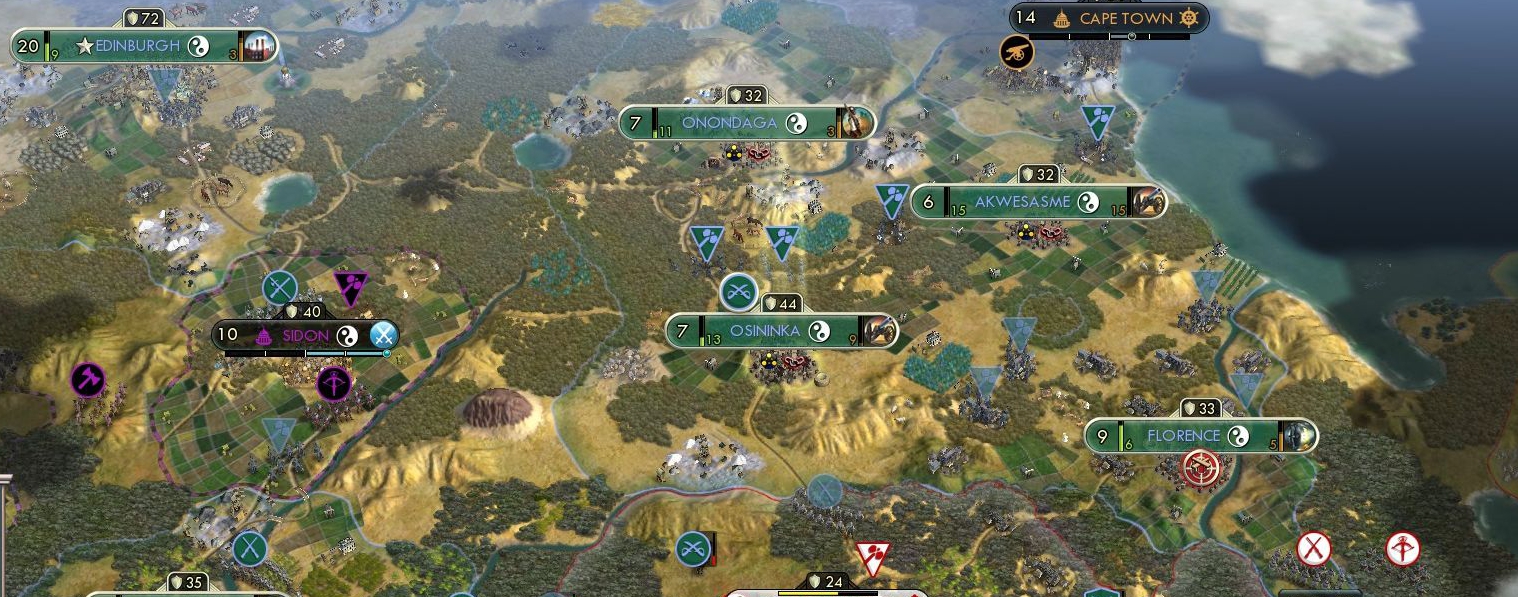


Firaxis adds nine new nations, each with its own leader, abilities and specialized characters. It fixes those problems and adds major changes to make this version perfect. That’s where the expansion pack “Gods and Kings” comes in. Players still could achieve other victories, but the game nudged them to conquer other nations. Unfortunately, “Civilization V” rigidly steered that potential toward one element - combat. The tweaks made the possibilities of an already deep game seem infinite. When it came to talks with other nations, the developer, Firaxis, threw a curveball by adding city-states that acted as wild cards. Players had to smartly move their military units like chess pieces, because they could only put one warrior on a tile at a time. The biggest change was to the combat and diplomacy. The visuals were upgraded and the system more streamlined. “Civilization V” was a good but flawed sequel. Along the way, players make important decisions on building cities, trading with other civilizations, conquering countries and investing in technology. and advance their people until the year 2050, the arbitrary cutoff date. It teaches through a simple premise: Players control a nation and lead it to world domination via military, cultural, scientific, diplomatic or score-based means. The venerable turn-based strategy series has always been a good tutor of history, culture and politics. If I ruled Fiji, I’m sure it’d be a superpower in 6,000 years, give or take a few. Many thought it was impossible, but I even guided France to victory. I’ve done it with the Ottoman Empire and with America. I can lead any nation to world dominance. That’s what playing 40 hours of “Civilization V: Gods and Kings” can do for you. I’m leaving my job reviewing games and taking my talents to the world of politics. Like LeBron James, I am making a big announcement. Review: ‘Civilization V: Gods and Kings’ – The Mercury News Close MenuĬall this The Decision: Part II.


 0 kommentar(er)
0 kommentar(er)
